
Associate Professor of Aesthetics at the Moholy-Nagy University of Art and Design (MOME) in Budapest, Bálint Veres offers a philosophical account of the theatrical and opera arts, as well as Richard Shusterman's recent conceptualization of art as a form of dramatization.

Professor David Roesner, of the Ludwig Maximilian University of Munich, ponders the meaning of theatre, music, theatricality and performativity in relation to Heiner Goebbels' 1996 production Black on White.
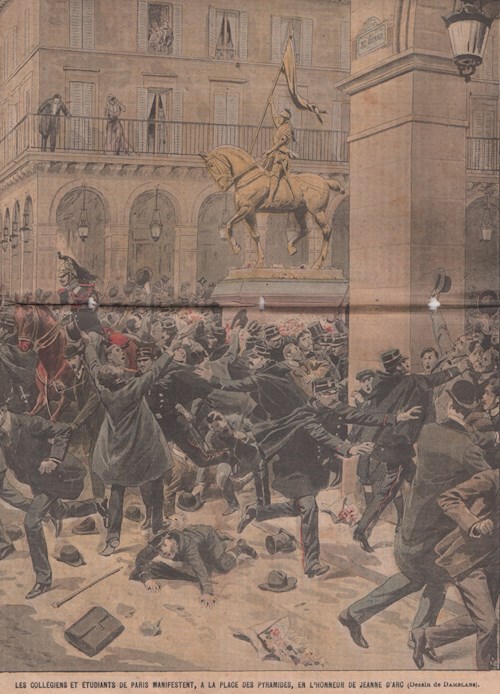
Warwick University's Jessica Wardhaugh, Associate Professor in French Studies, kick-starts our series of articles on theatricality by identifying some of the tensions encapsulated by the term.
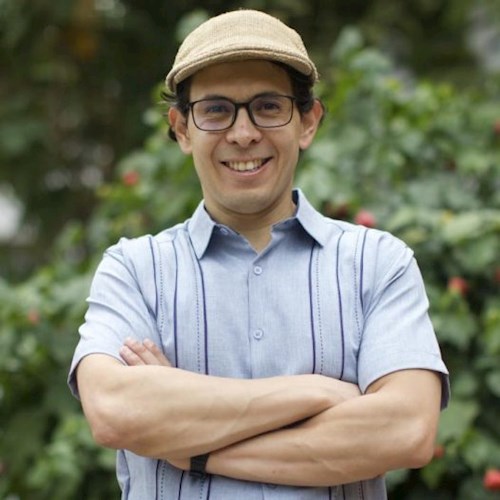
Sergio Ospina Romero, incoming Assistant Professor at the Jacobs School of Music at Indiana University, Bloomington, reflects critically on the principal scholarly narratives about the creation and dissemination of jazz, its U.S. appropriation and its resonance with local Caribbean musical styles.

Musicologist Carol A. Hess explores the music of Venezuelan-born composer Ricardo Lorenz, with examples ranging from concerti for viola, and for maracas, to the reimagining of a song by Stephen Sondheim.
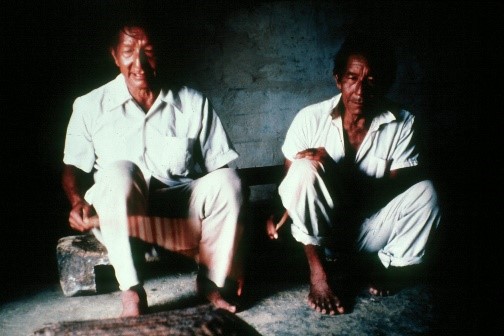
Emeritus Professor of Anthropology at Southern Illinois University, Carbondale, Jonathan D. Hill explores the significance of singing, chanting and instrumental music to indigenous peoples in Amazonia, documenting some of scholarly activities that have sought to capture and further understand ritual activities in the region.

Following the recent publication of his book, The Invention of Latin American Music (Oxford University Press, 2020), Pablo Palomino explores the significance of travel and migration to our understanding of the 'Latin American' descriptor.
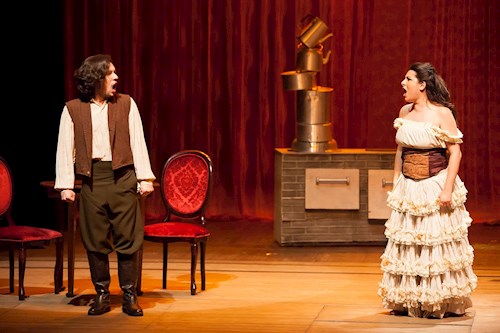
Mahima Macchione reflects on an operatic success story of the modern age and the influence of impresario Gehad Hajar.
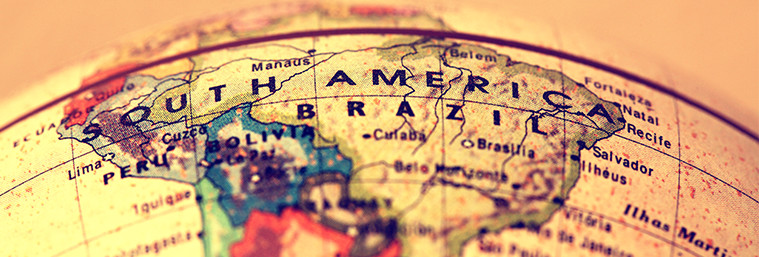
Distinguished Professor of Musicology at the University of California, Riverside, Walter Aaron Clark explores the complexities of identity – as related to geography, history, and culture – within Latin American music.

Journalist, critic and memoirist, Thomas Larson explores his affinity for music and language and the ambiguity that results when the two artistic expressions mix.
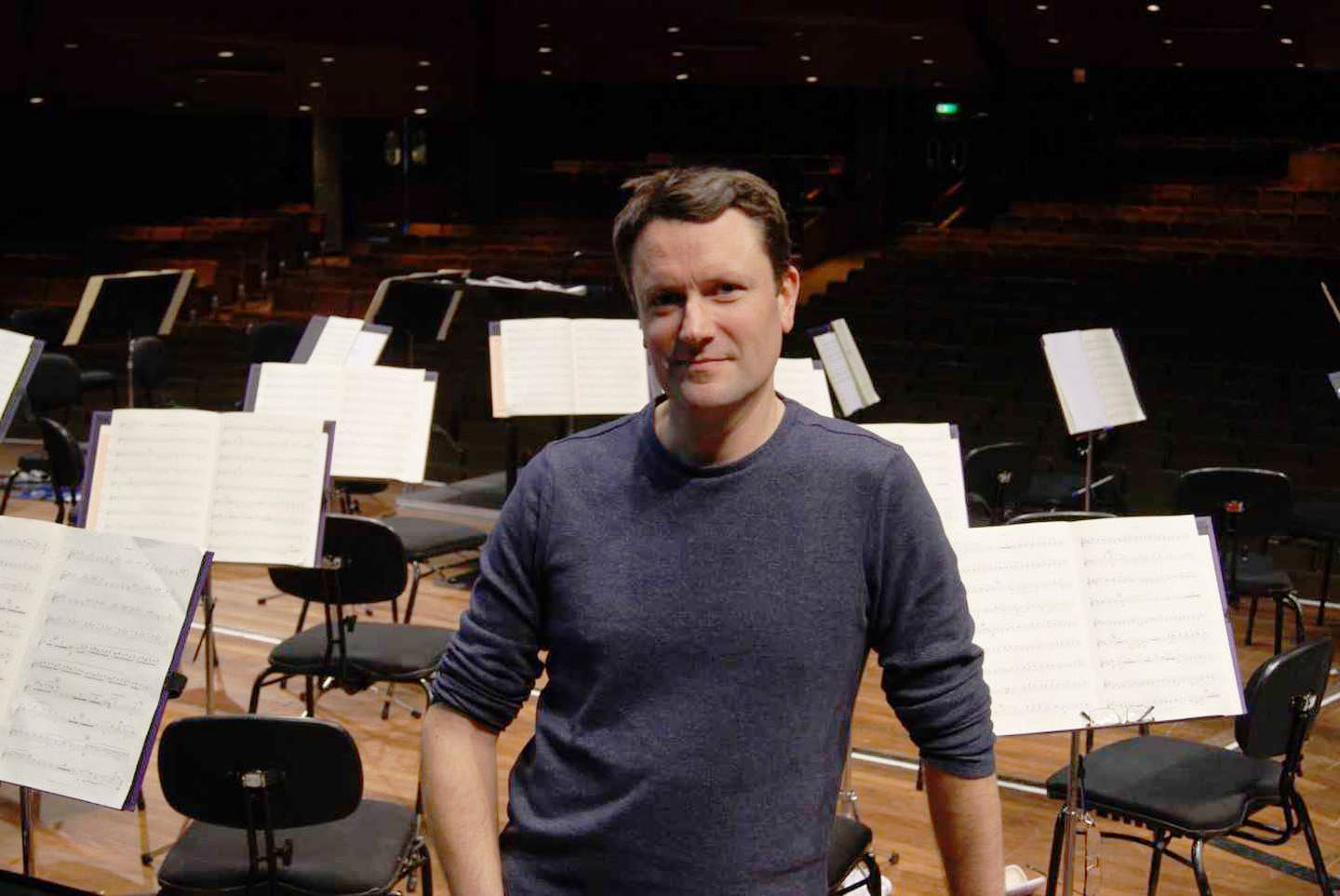
Composer Michael Norris (Associate Professor at Victoria University of Wellington) describes the creative inspiration behind his 2019 work Rerenga, exploring the influence of native New Zealand music and culture.
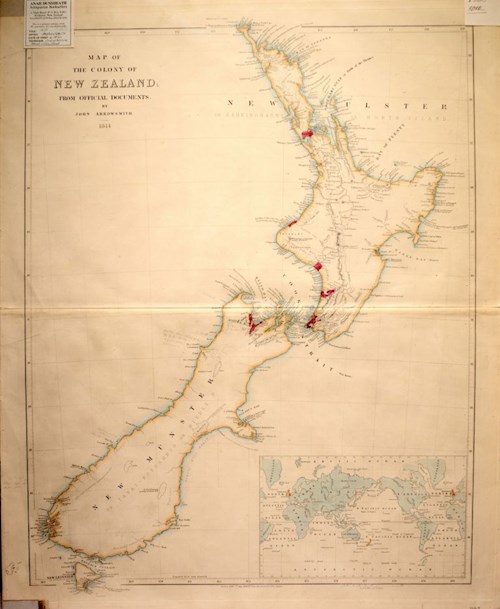
Composer and PhD candidate Celeste Oram offers a thoughtful meditation on indigenous musical practices and post-colonial crises of cultural identity.
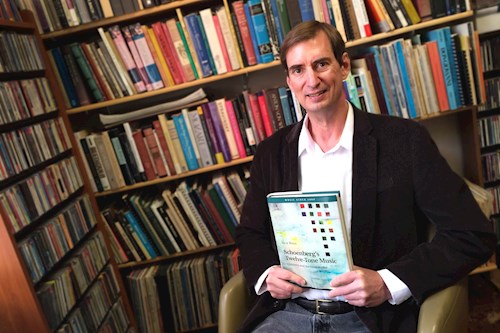
Professor Jack Boss, University of Oregon, presents a music-theoretical study of Schoenberg's string sextet Verklärte Nacht, focusing on the composer's use of motive and construction of narrative.
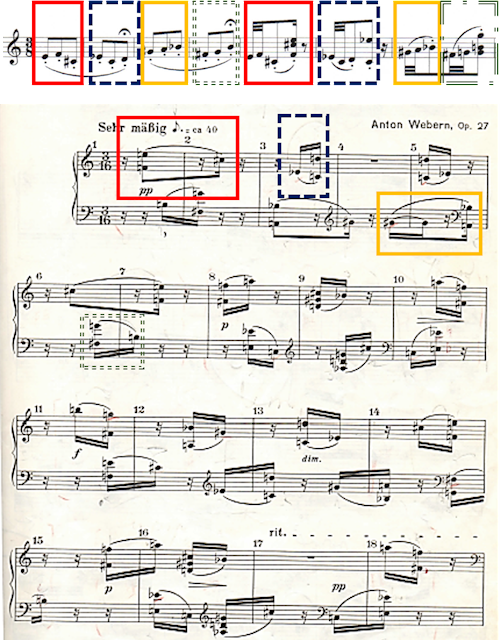
Jonathan Dunsby, Professor of Music Theory at the Eastman School of Music, University of Rochester, reflects on a striking case of musical forgery, while recalling his own encounter with Webern's Op. 27.
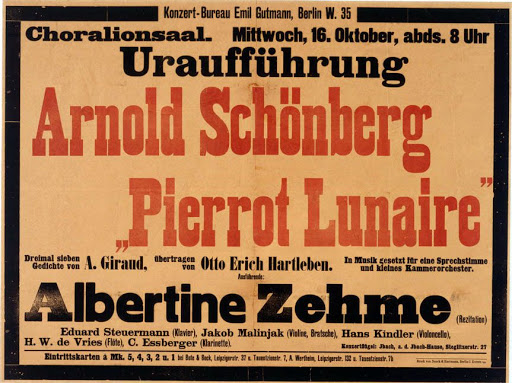
Professor of Music at the University of Alberta, Alexander Carpenter explores the performance difficulties presented by Schoenberg's melodrama Pierrot lunaire, recalling memorable productions.
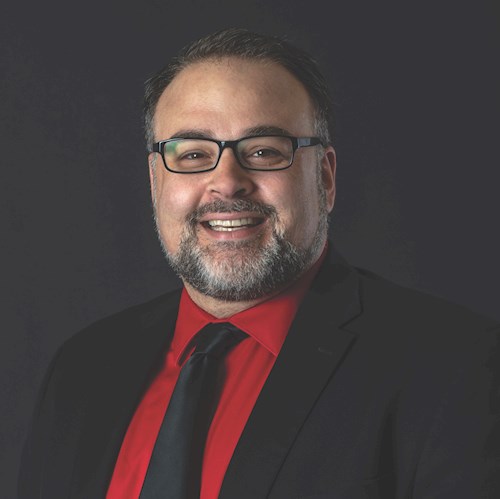
J. Daniel Jenkins, Associate Professor of Music Theory at the University of South Carolina, contemplates the nature and function of liner notes, focusing on the wealth of material that has accompanied landmark collections of Schoenberg's music.
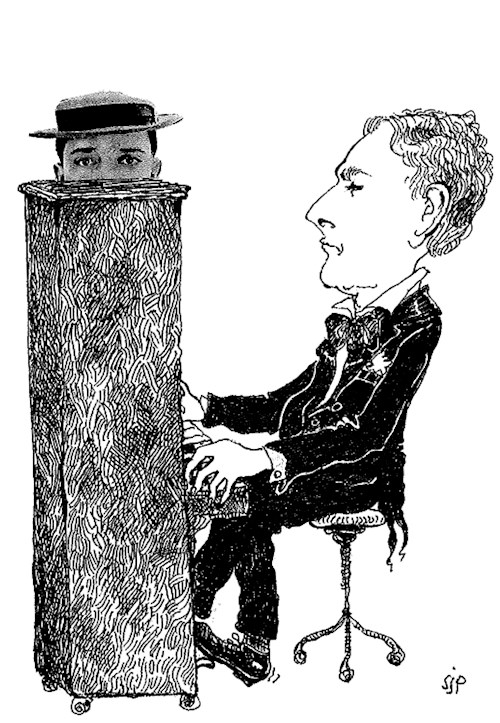
Silent film specialist Robert Constable, an Australian pianist, composer and former music educator, provides a glimpse into the world of Buster Keaton.

Emeritus Professor Peter Walls (Victoria University of Wellington), former CEO of the New Zealand Symphony Orchestra, explores the nature and meaning of orchestral concert programming and the challenges of establishing an equilibrium among competing priorities.

Philip Auslander, Professor of Performance Studies and Popular Musicology at Georgia Institute of Technology, offers a new and different account of John Cage's infamous work 4'33", drawing on his recent study of "musical persona".
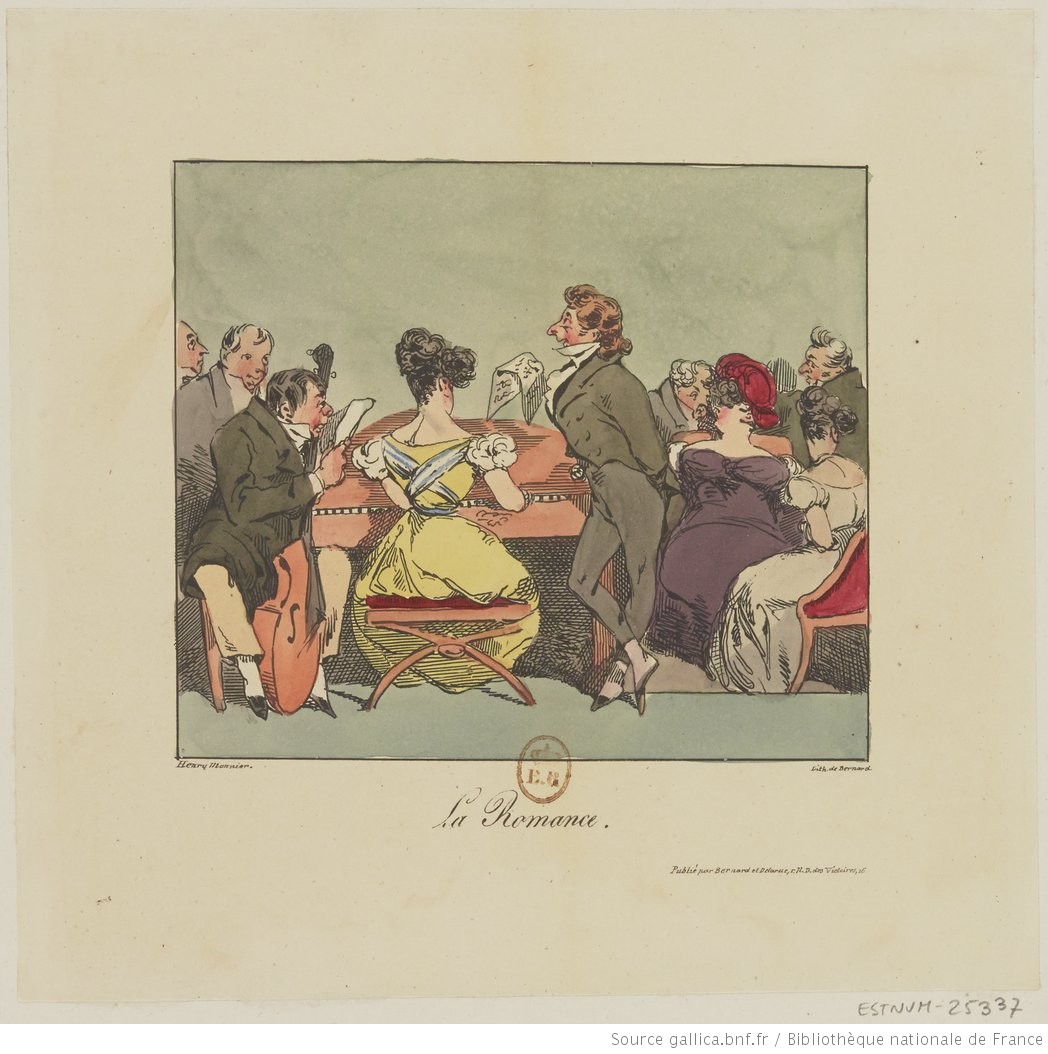
Nathan Dougherty, of Case Western Reserve University, explores the now largely forgotten genre of the romance and its significance to nineteenth-century French audiences and performers.
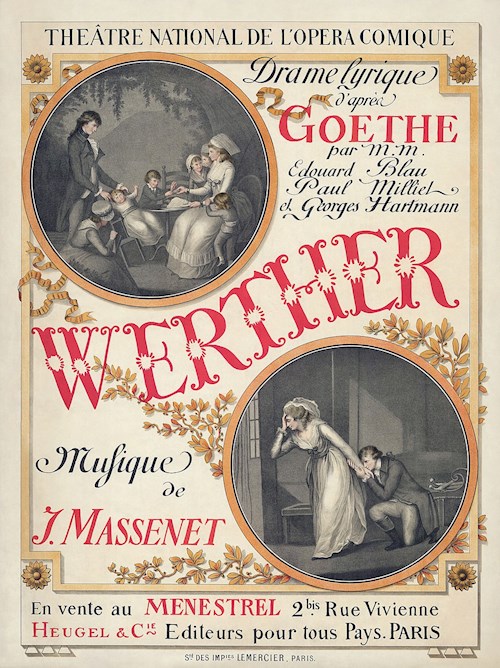
A specialist in music of nineteenth-century France, Lesley A. Wright recounts the reception of Jules Massenet's opera Werther in the French capital, while recalling some early recordings.

Musicologist Tommaso Sabbatini reflects on life and theatre within the French capital at the time of its second Exposition Universelle.
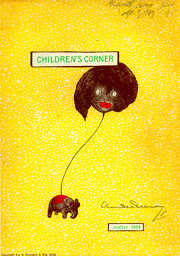
Steven Rings asks how and why Debussy's 1908 'Golliwog's Cakewalk' was orchestrated for an American commercial radio station in the 1930s. What can the little-known later version reveal about attitudes towards popular music and jazz, race relations, and technology's efficacious nature?
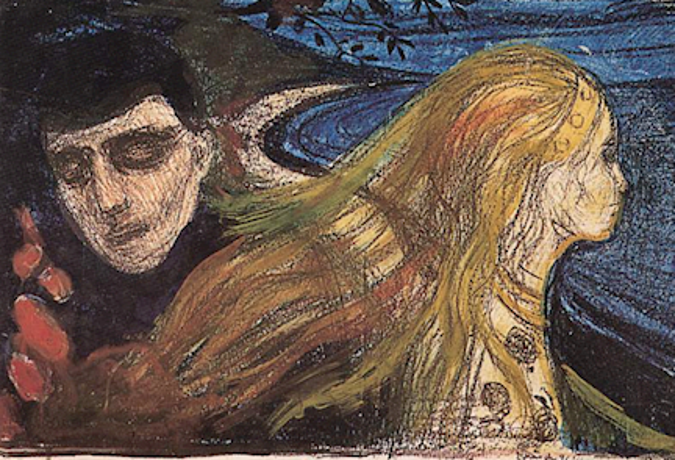
Contemplating Schönberg's op. 5 symphonic poem Pelleas und Melisande, Derrick and Kathryn Puffett explore similarities and differences with Maeterlick's source play, Debussy's opera and Wagner's characteristic musical discourse.

Doctoral student Mahima Macchione reports on the production, dissemination and reception of opera beyond European borders.
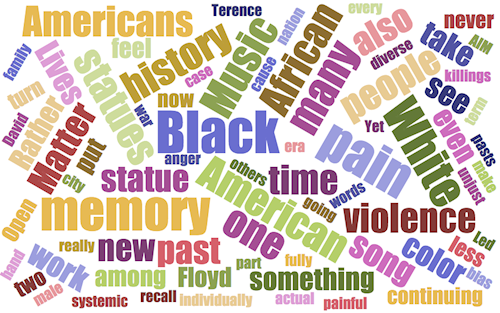
Lecturer at Yale University, Ian MacMillen contemplates the role of music in the articulation of race and race relations, drawing on research from the interdisciplinary field of memory studies.

Pierpaolo Polzonetti, Professor of Music at UC Davis, offers a gastro-musicological perspective on our consumption of food and drink in the concert hall or opera theatre.

Bissera V. Pentcheva, Professor of Art History at Stanford University, reflects on her recent multidisciplinary project 'Icons of Sound' and its insights into the intersection of acoustics, architecture and liturgy.
Naxos Musicology International
Naxos Musicology International is an online platform for music scholarship in the broadest and most inclusive sense of the term. Our mission is to inspire and facilitate discussion around a range of musical repertoires and topics, as well as emerging trends in performance, production and the music industry at large. Connecting scholars, students and educational institutions with music critics and practitioners, the platform aims to promote strong voices, informed critique, bold visions and imaginative commentary: that is, engaging writing about music in a lively and approachable style that speaks across social, cultural and institutional barriers.